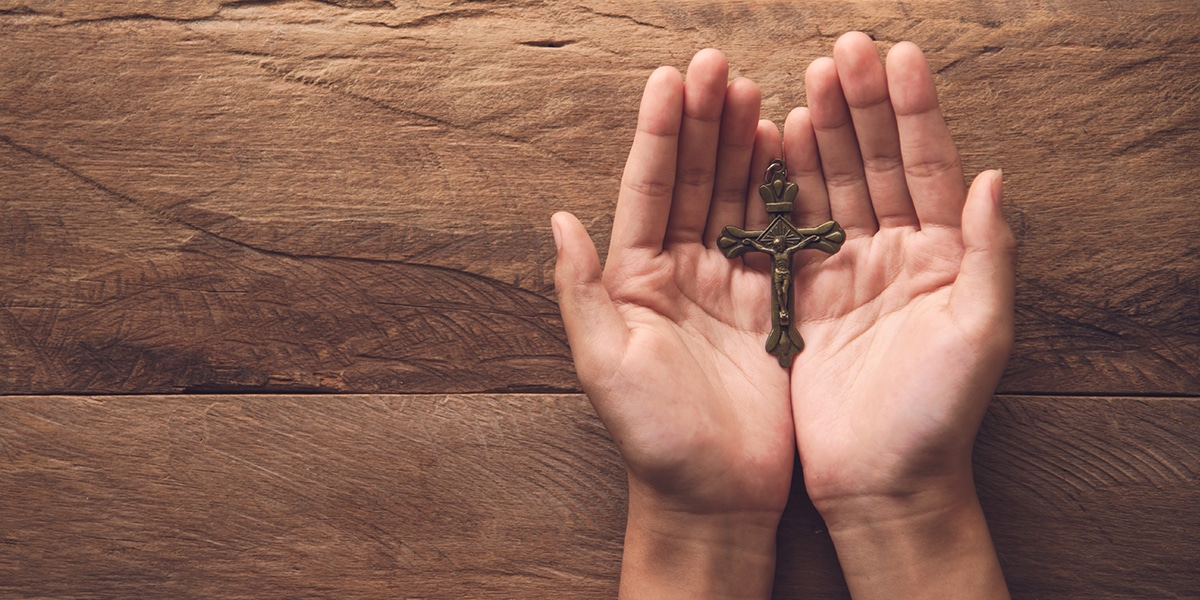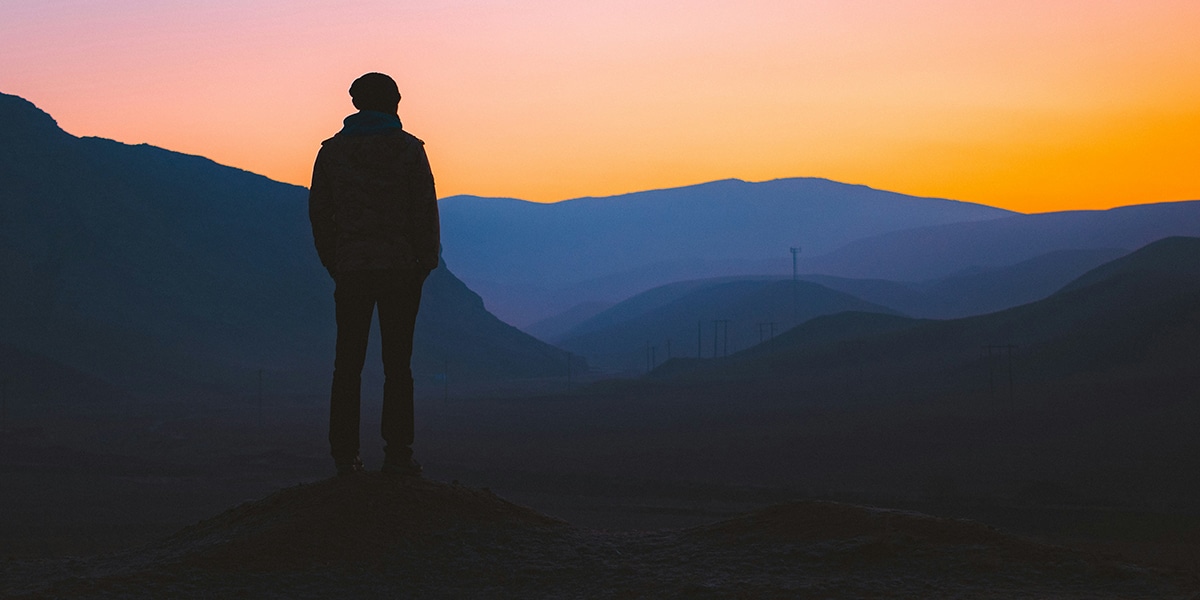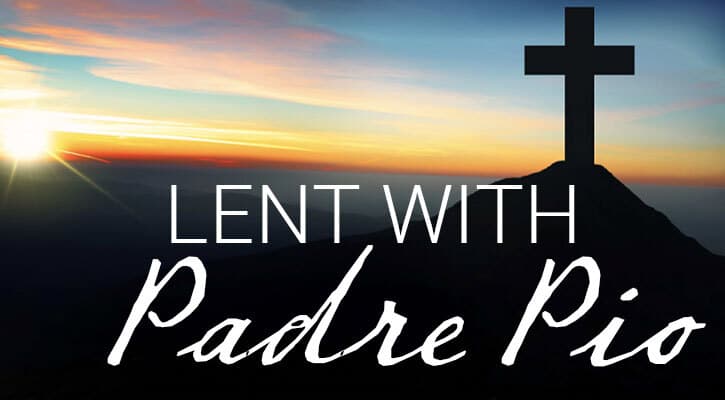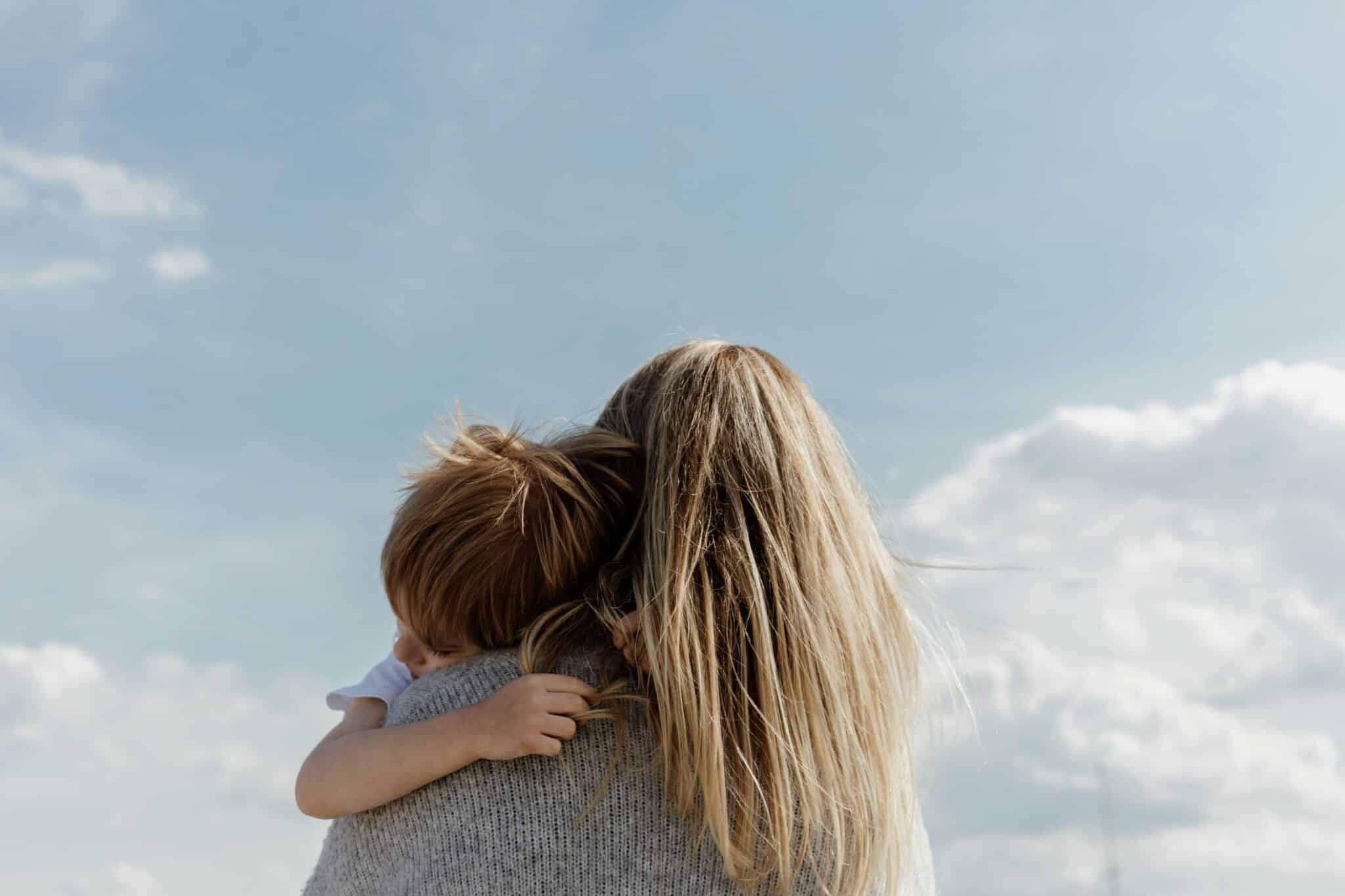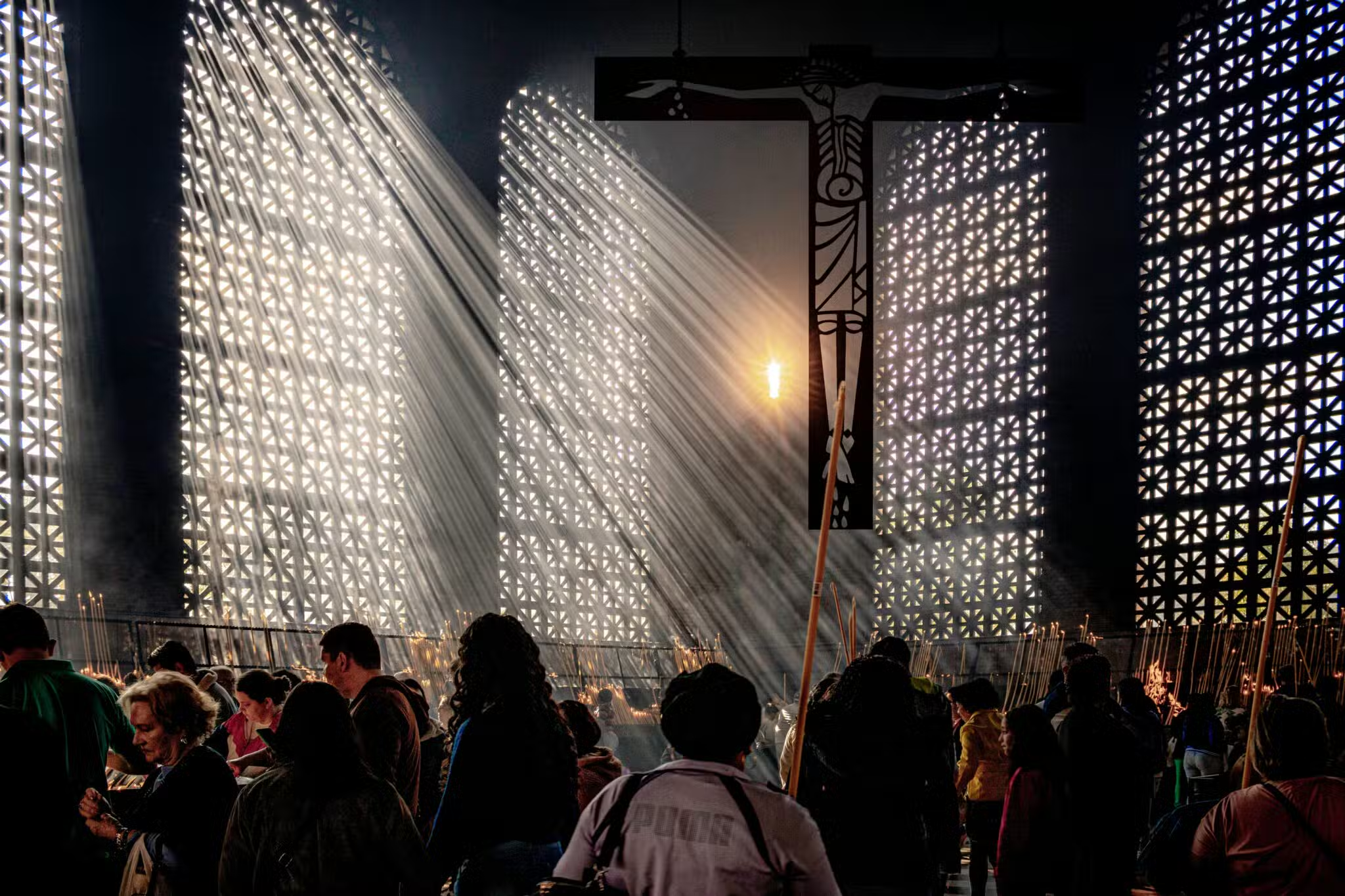Hulu, TV14, 1h23m
What do you get when you arrange a conversation between the head of the Catholic Church and 10 young people between 20 and 25 years old of various backgrounds, countries, and life experiences? You end up with the compelling documentary The Pope: Answers.
In the documentary, the young adults travel to the Vatican, where they sit down with Pope Francis to ask him questions and have an honest dialogue about some rather tough topics. Those topics include feminism, the role of women in the Church, abortion, loss of faith, the migration crisis, homosexuality, LGBTQI+ rights, abuse within the Church, racism, and mental health. Participants are Spanish speakers, but subtitles are provided for the film.
At the beginning of the documentary, we are introduced to the young people who are taking part in the gathering, watching them get ready to travel to the Vatican. We also watch Pope Francis get ready for the meeting.
Throughout the film, the viewer catches glimpses of the young adults in their everyday lives, something that offers more of a connection with participants and helps frame his or her story. There is no sugarcoating the lives of the participants, one of whom produces pornography on her website. Providing such raw and real glimpses into the daily lives of the participants is a strength of this film.
When the discussion begins, however, the film truly comes alive. Participants dive right into what’s on their minds and hearts. Sometimes, after asking the pope a question, participants discuss the issues among themselves, as if the pope wasn’t even present. It was still obvious, though, thanks to some excellent camera work and editing, that the pope was listening intently.
When he did speak, Pope Francis was understanding and open, answering questions in an honest way. His answers reflected his belief that the Church belongs out among the faithful, not inside Church walls. He did not, however, back down from holding firm regarding Church teachings on topics such as abortion and female ordination. He did so, though, in a pastoral way. The pope also did not avoid calling a spade a spade—a phrase he uses more than once—and owning up to the Church’s failures.
Perhaps the most touching and troubling part of the film came when Juan, one of the participants, spoke to the pope about his sexual abuse by a priest at his high school. He showed the pope a letter that was written to him by Juan’s father and told of the eventual letter the school received from the Congregation for the Doctrine of Faith, reinstating the priest as a teacher. The anger and hurt are almost palpable. Pope Francis promised to review the case, but another participant in the group said that’s not enough. In response, the pope acknowledged the Church’s failings and said confronting the abuse is an ongoing process that will take time.
At the end, the pope thanked the participants for their openness, honesty, and willingness to share their experiences with him. Discussions such as this one, he said, are the future of the Church.




